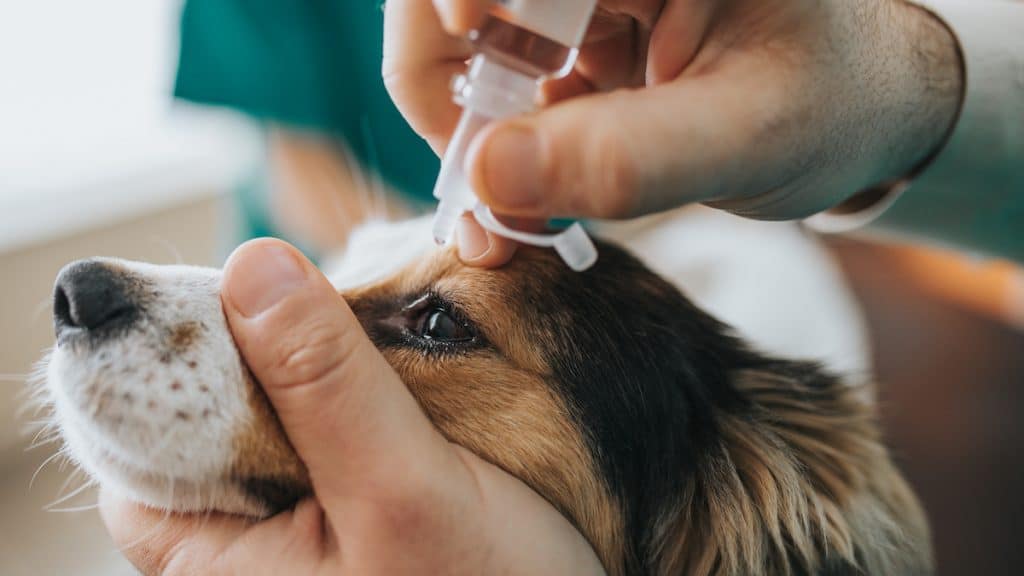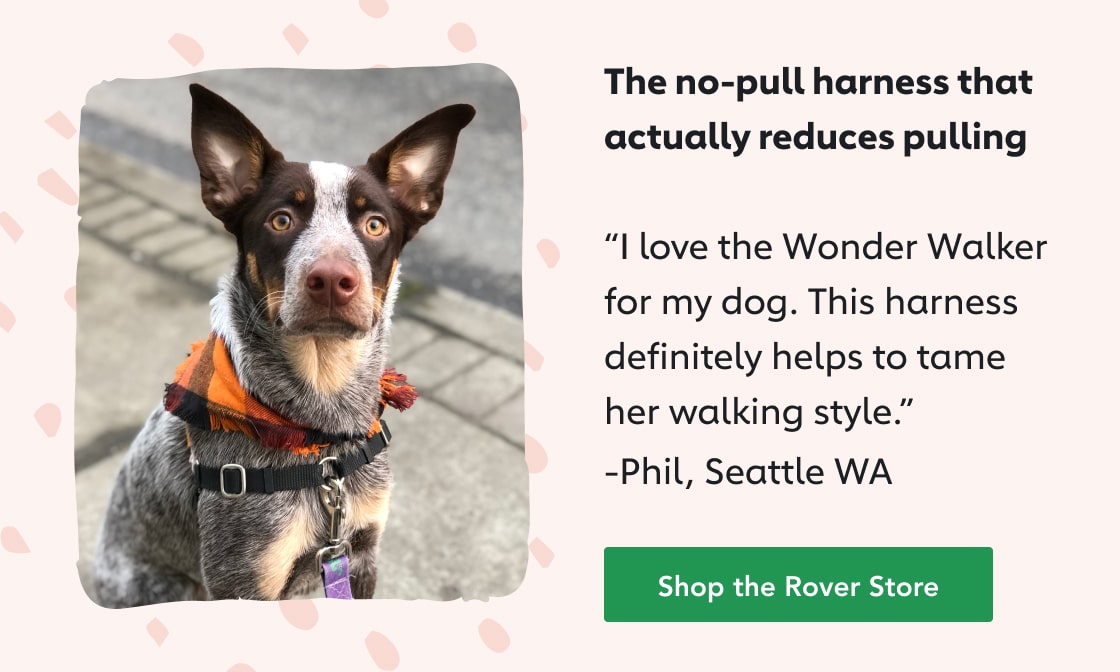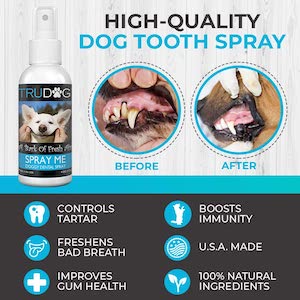We know that a visit to the vet can be stressful when you’re dealing with unfamiliar medical jargon, an under-the-weather pup, and the uncertainty about what’s actually going on with your furry best friend. That’s why we’ve approached a few of our favorite pet experts from Rover’s Dog People Panel, veterinarians Dr. Rebecca Greenstein and Dr. Gary Richter, and asked them for some assistance in breaking down some of the most common pet afflictions. Read on for some straightforward information that’ll help put your mind at ease, and will also help you communicate with one of the most important people in your pup’s life – their veterinarian!
What exactly is Glaucoma?
Glaucoma is essentially a condition that is caused by increased pressure in the eyeball. Dr. Gary Richter, pet expert and member of Rover’s Dog People Panel, breaks it down further for us, saying, “This happens when the pressure in the eye increases beyond normal. The eye usually produces fluid, which drains, but with Glaucoma something is clogged or blocked, and the fluid has nowhere to go, causing the pressure to build up.”
What are the symptoms of this condition, and how can I help my pup avoid this health issue?
“When it come to Glaucoma, signs of this condition can vary based on the stage,” explains Dr. Rebecca Greenstein.” These signs can often include abnormal discharge, physical swelling of the eyeball itself, and haziness to the eyeball. It’s also a very painful condition and can lead to blindness.” She goes on to explain that Glaucoma can be primary (which means congenital, or that your pup is predisposed to having it), or secondary (which means that it’s caused by trauma, cancer, or some other factor).
There are also some breeds that are (unfortunately) just predisposed to this condition, like Cocker Spaniels, Pugs, or other breeds with eyes that bulge a bit. This means that it’s generally a good idea to ask about your pup’s family history of glaucoma, as that can be a huge factor in their own health.

skynesher/iStock
When should I take my dog in to see the vet?
Since Glaucoma in dogs is a very serious condition, it’s important to bring them to the vet as soon as you spot any signs. Dr. Gary Richter confirms that sense of urgency, saying, “If you see any of these symptoms, you should IMMEDIATELY take your dog to the vet. This is an urgent situation because they could be blind tomorrow.” He also points out that eyes can actually heal very quickly when they’re treated with medications to decrease inflammation and help drainage, but if they’re not treated, the problem can quickly escalate.
Dr. Rebecca Greenstein agrees, saying, “When it comes to treating this, certain cases of Glaucoma need to be managed immediately to save the eye. Your vet can use acute pain management and special emergency eye drops. The vet will see if they can get the pressure down, and after the crisis they can move to the maintenance stage. In severe cases the eye has to be removed.”
It’s also important to understand that, though medications like drops will help control the Glaucoma, you won’t be able to “fix” the problem. You’ll need to use medical management to keep your dog healthy for the remainder of their life.
Are there any specific questions that I should make sure to ask them?
Don’t forget to ask your vet about your pup’s other eyeball. Once a dog has Glaucoma in one eye, they’re slightly more likely to get it in the other one as well – so you’re going to want to make sure that the other eye is being monitored closely.
Help! What if I don’t understand everything my vet is talking about?
There are a couple of phrases that you’ll hear used often when discussing Glaucoma in dogs, with one of them being IOP, or IntraOcular Pressure. A high IOP is what gives you information about the health of the dog’s eye, so the vet might refer to this number when discussing the severity of their condition. You’ll also probably hear them discuss a Tonometer, which is the medical device that is actually used to measure eye pressure.
Just remember, it’s always appropriate to check in with your vet with any follow-up questions or concerns that you have. Though we’ve tried to break down the medical jargon into easy-to-understand content, we know that some of what you hear when you’re in the office might be confusing and even scary. Don’t be ashamed to ask for clarification! It’s always better to get input from a real, live person versus trying to decipher your vet’s words by searching online.
Don’t forget, your dog is depending on you to keep them healthy, so do your best to be your furry friend’s advocate!






